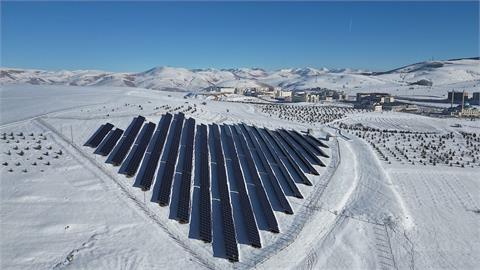Saudi Arabia has surpassed
the U.S. as the world's biggest oil producer, according to the International
Energy Agency (IEA) Tuesday.
The Kingdom produced an average of 12.58 million barrels per day (bpd) last
month, while the U.S. output regressed to an average of 12.2 million bpd.
"The U.S. had held the top rank since April 2014 when the rapid rise of
light tight oil saw it vault past Saudi Arabia," the IEA noted in its
monthly Oil Market Report.
"Since May, however, we estimate that the U.S. has shut in 460,000 bpd of
high-cost production, while the low-cost oil fields of Saudi Arabia have
cranked out an extra 400,000 bpd," the report added.
The steady surge in Saudi output is the result of an adamant Riyadh oil policy
against low oil prices. OPEC's most influential member refused to trim the
cartel's total output since November 2014, five months after oil prices started
plummeting from their June level of $115 a barrel.
Even when prices fell below $30 a barrel in January, the Kingdom kept
increasing its oil production -- a strategy to preserve and raise its share in
the global oil market, and to force high-cost oil producers, like the U.S., out
of the market.
With low oil prices and a glut of supply in the market, high-cost producers in
the U.S. saw less return of their investments, cuts in expenditure and oil
wells were shut down.
The hardest effect was on the U.S.'s output of crude oil.
In April 2015, the country's crude production reached its highest level since
1971 with 9.6 million bpd. However, that figure fell to 8.7 million bpd in June
this year, according to the U.S.'s Energy Information Administration.
The agency forecasts U.S. crude output to continue its decline by averaging 8.5
million bpd next year.
(Anadolu Agency)



